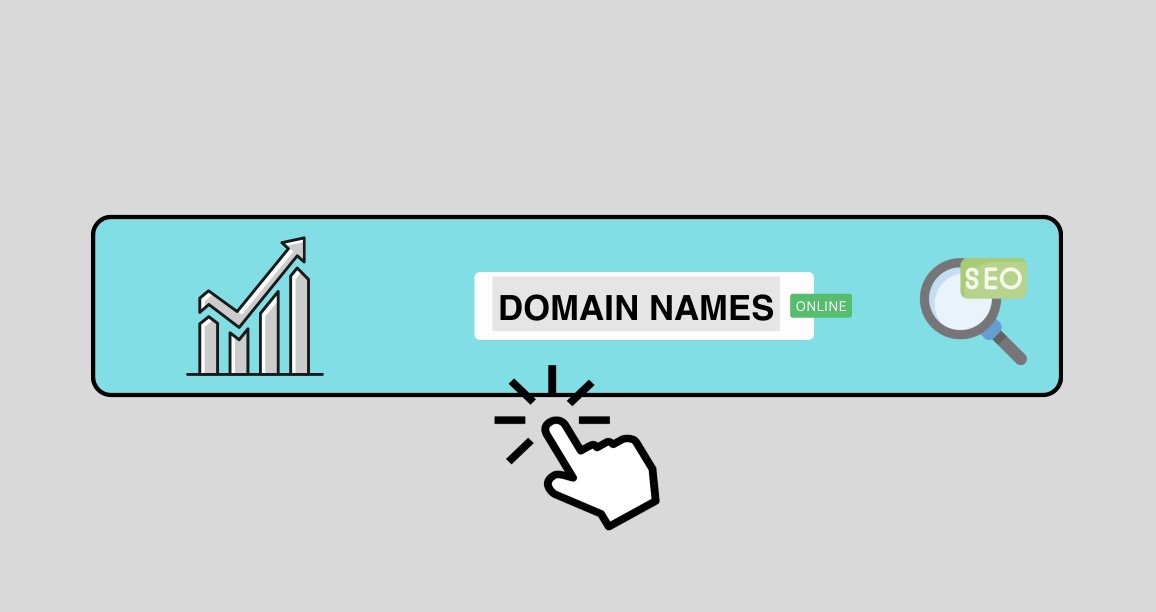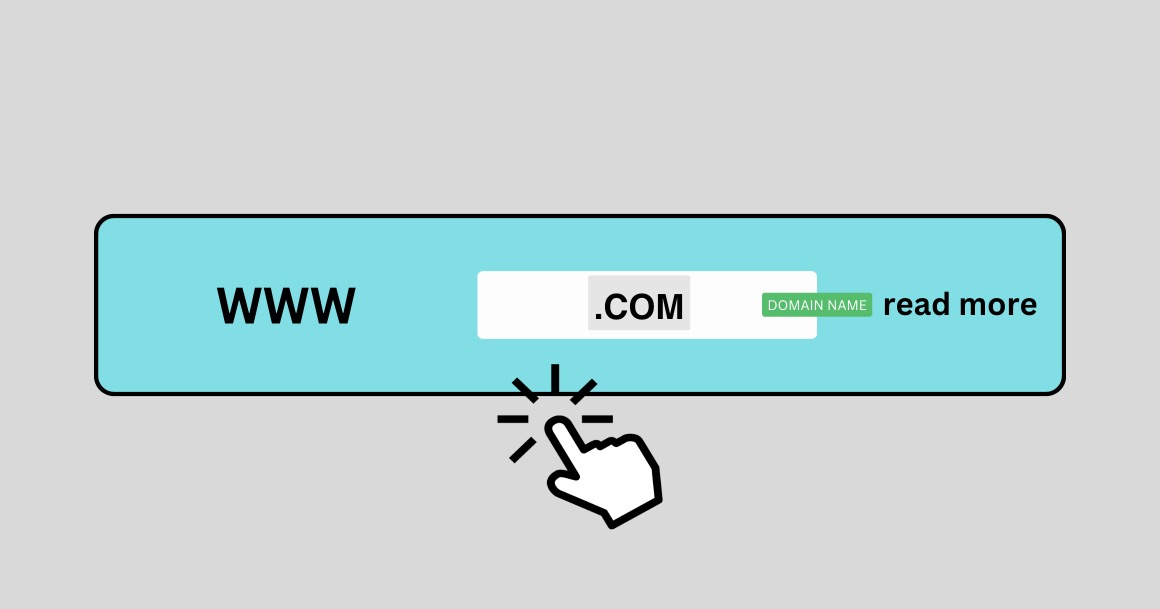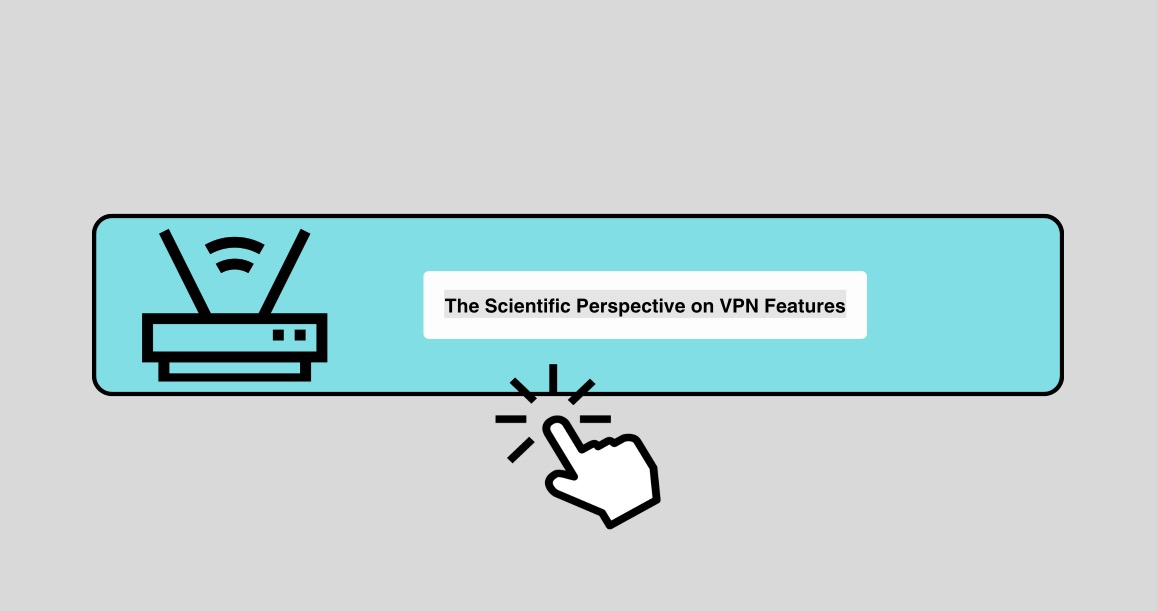In today’s digital age, a business’s online presence is crucial for its success. Among various elements that contribute to this presence, the choice of domain name plays a significant role. This paper explores how domain names affect a business’s online presence from an economic perspective. It delves into various aspects, including branding, search engine optimization (SEO), consumer trust, and legal considerations, highlighting the profound economic implications of each.
1. Branding and Marketability
A domain name is often the first point of contact between a business and its potential customers. It serves as a digital identity, encapsulating the essence of a brand. A well-chosen domain name can significantly enhance a business’s marketability. For instance, a memorable and relevant domain name can make it easier for customers to remember and find the business online. This ease of recall can lead to increased traffic and, consequently, higher sales.
Conversely, a poorly chosen domain name can have the opposite effect. Complex or irrelevant domain names can confuse potential customers and deter them from visiting the website. In economic terms, this represents a loss of potential revenue. Therefore, investing in a good domain name is an investment in the brand itself, which can yield substantial returns over time.
2. Search Engine Optimization (SEO)
SEO is a critical factor in driving organic traffic to a website. A well-optimized domain name can improve a website’s search engine ranking, making it more visible to potential customers. Keywords in domain names can play a significant role in SEO. For instance, if a business selling eco-friendly products has a domain name like “ecofriendlyproducts.com,” it is likely to rank higher in search results for related queries.
Moreover, search engines also consider the age and credibility of a domain name. Older, well-established domain names often rank higher because they are perceived as more trustworthy. This means that businesses with a strategic approach to choosing and maintaining their domain names can benefit from increased visibility and, consequently, more organic traffic. From an economic standpoint, this translates to reduced advertising costs and higher profit margins.
3. Consumer Trust and Credibility
Trust is a cornerstone of any successful business relationship. In the digital world, the domain name plays a pivotal role in establishing this trust. A professional and relevant domain name can instill confidence in consumers, making them more likely to engage with the business. On the other hand, domains that appear unprofessional or suspicious can deter potential customers, resulting in lost sales and revenue.
Additionally, top-level domains (TLDs) such as .com, .org, and .net are generally perceived as more trustworthy compared to lesser-known TLDs. Businesses that invest in these reputable TLDs can benefit from enhanced credibility and consumer trust. This trust translates into higher conversion rates and customer loyalty, which are crucial for long-term economic success.
4. Legal Considerations and Protection
From a legal perspective, domain names are valuable intellectual property. Securing a unique and trademarked domain name can protect a business from various legal issues, such as cybersquatting and trademark infringement. Cybersquatting occurs when someone registers a domain name similar to a well-known brand with the intent to sell it at a profit. This can lead to costly legal battles and potential damage to the brand’s reputation.
By proactively securing domain names and relevant variations, businesses can avoid these issues and protect their brand’s integrity. The economic benefits of this proactive approach include reduced legal costs and the safeguarding of future revenue streams.
5. The Cost-Benefit Analysis of Domain Name Investment
Investing in a premium domain name can be a significant expense for businesses, especially startups. However, the long-term benefits often outweigh the initial costs. Premium domain names, which are short, memorable, and keyword-rich, can command high prices but also offer substantial returns on investment. These domains can drive higher traffic, enhance brand recognition, and improve SEO performance.
Businesses must conduct a cost-benefit analysis to determine the value of investing in a premium domain name. Factors to consider include the potential increase in traffic, improved SEO rankings, enhanced consumer trust, and the avoidance of legal issues. From an economic perspective, a well-chosen domain name is a strategic asset that can drive long-term growth and profitability.
6. The Role of Domain Names in Global Markets
In the global marketplace, domain names take on additional significance. Geographical TLDs such as .uk, .de, and .jp can help businesses target specific regional markets more effectively. These TLDs can enhance local SEO and make the business more appealing to regional consumers. For businesses looking to expand internationally, investing in relevant geographical domain names can be a strategic move with significant economic benefits.
Furthermore, businesses must consider cultural and linguistic factors when choosing domain names for different markets. A domain name that works well in one language or culture may not translate effectively to another. Therefore, businesses must conduct thorough market research to ensure their domain names resonate with local audiences and drive economic success.
7. Domain Names and E-commerce
E-commerce businesses, in particular, rely heavily on their domain names. A strong domain name can differentiate an e-commerce site from its competitors and drive higher traffic and sales. For instance, an intuitive and keyword-rich domain name can attract users who are searching for specific products or services, leading to increased conversions.
Moreover, e-commerce businesses must ensure their domain names are secure and reliable. Security features such as SSL certificates are crucial for protecting customer data and building trust. Investing in secure domain names can reduce the risk of cyberattacks and fraud, protecting the business’s reputation and financial health.
8. Future Trends in Domain Names
The domain name landscape is constantly evolving, with new TLDs and technologies emerging. Businesses must stay informed about these trends to maintain their competitive edge. For example, the rise of new TLDs such as .tech, .shop, and .app offers businesses additional opportunities to create unique and relevant domain names.
Additionally, blockchain technology is introducing new possibilities for domain names, such as decentralized domain systems that enhance security and reduce dependence on traditional registrars. Businesses that leverage these innovations can gain a competitive advantage and drive economic growth.
Conclusion
In conclusion, domain names have a profound economic impact on a business’s online presence. From enhancing branding and marketability to improving SEO and consumer trust, the right domain name can drive significant economic benefits. Businesses must approach domain name selection strategically, considering factors such as legal protection, cost-benefit analysis, and global market implications. By investing in a strong and relevant domain name, businesses can establish a robust online presence, drive growth, and achieve long-term economic success.
Discover more from Bluetailcoupon.net
Subscribe to get the latest posts sent to your email.




